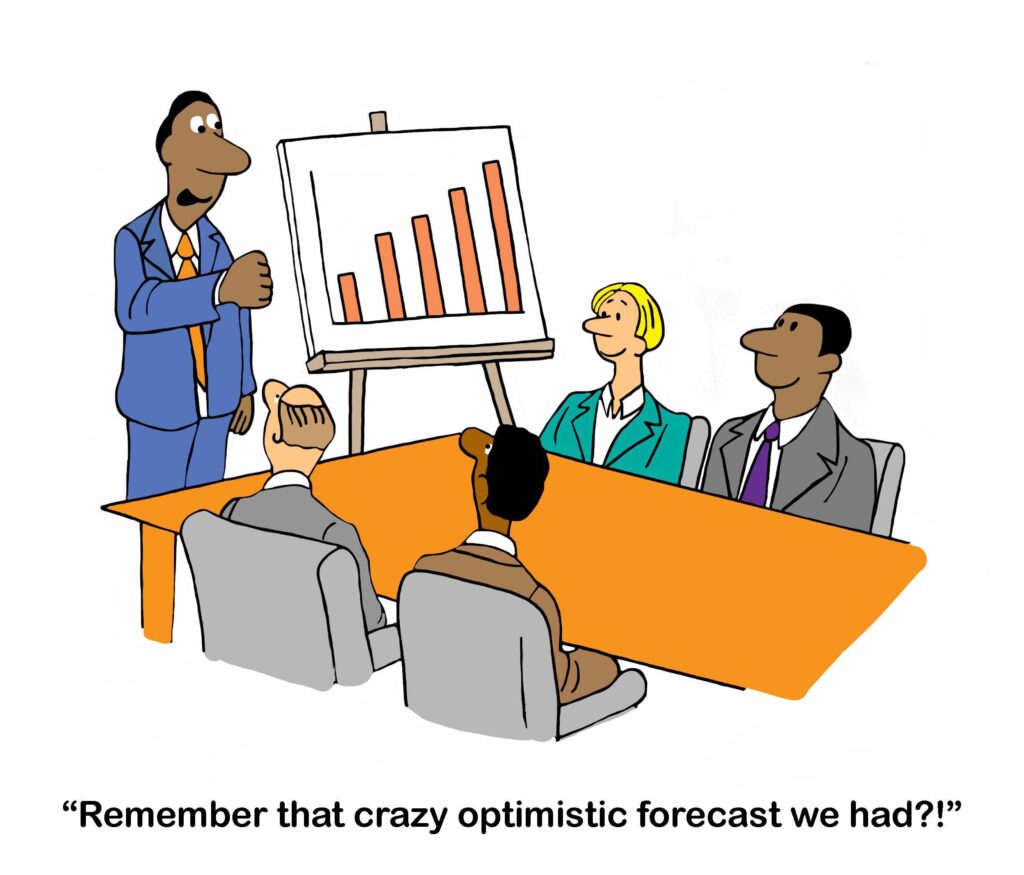
The market falling when the general public becomes optimistic can be attributed to a few factors:
Over-optimism and Expectations: When the general public becomes overly optimistic about the market, it can lead to inflated expectations and an excessive rise in prices. This can create a situation where the market becomes overvalued and vulnerable to a correction or a sell-off. As a result, when reality fails to meet the high expectations, investors may start selling their positions, leading to a market decline.
Buy the Rumor, Sell the News: Optimism often leads to increased buying activity, driving prices higher. However, once the positive news or anticipated events materialize and become part of the market reality, investors may decide to take profits by selling their positions. This selling pressure can outweigh the buying interest, causing the market to fall despite the initial optimism.
Investor Sentiment and Contrarian Indicators: Optimism in the general public can act as a contrarian indicator in the stock market. Excessive optimism often coincides with market peaks, as it indicates a high level of bullishness and potential complacency among investors. Contrarian investors may interpret this as a signal to be cautious or start taking a more defensive stance, which can contribute to a market downturn.
Market Manipulation: In some cases, when the general public becomes overly optimistic, it can attract manipulative activities by certain market participants. These participants may take advantage of the optimism by artificially inflating prices through tactics like pumping up certain stocks or spreading misleading information. Once these manipulative activities are exposed or market participants realize the lack of substance behind the optimism, the market can experience a decline.
External Factors: While the general public’s optimism can influence market sentiment, other external factors can also impact market movements. Economic indicators, geopolitical events, interest rate changes, or unforeseen events can have a more significant influence on market direction than public sentiment alone. If these factors outweigh the optimism, the market may still experience a decline.
Market movements are influenced by a multitude of factors and are not solely determined by the sentiment of the general public. The interplay of various forces, including institutional investors, market dynamics, and external events, contributes to market behavior. Therefore, market movements can sometimes be counterintuitive to the optimism or pessimism prevailing among the general public.